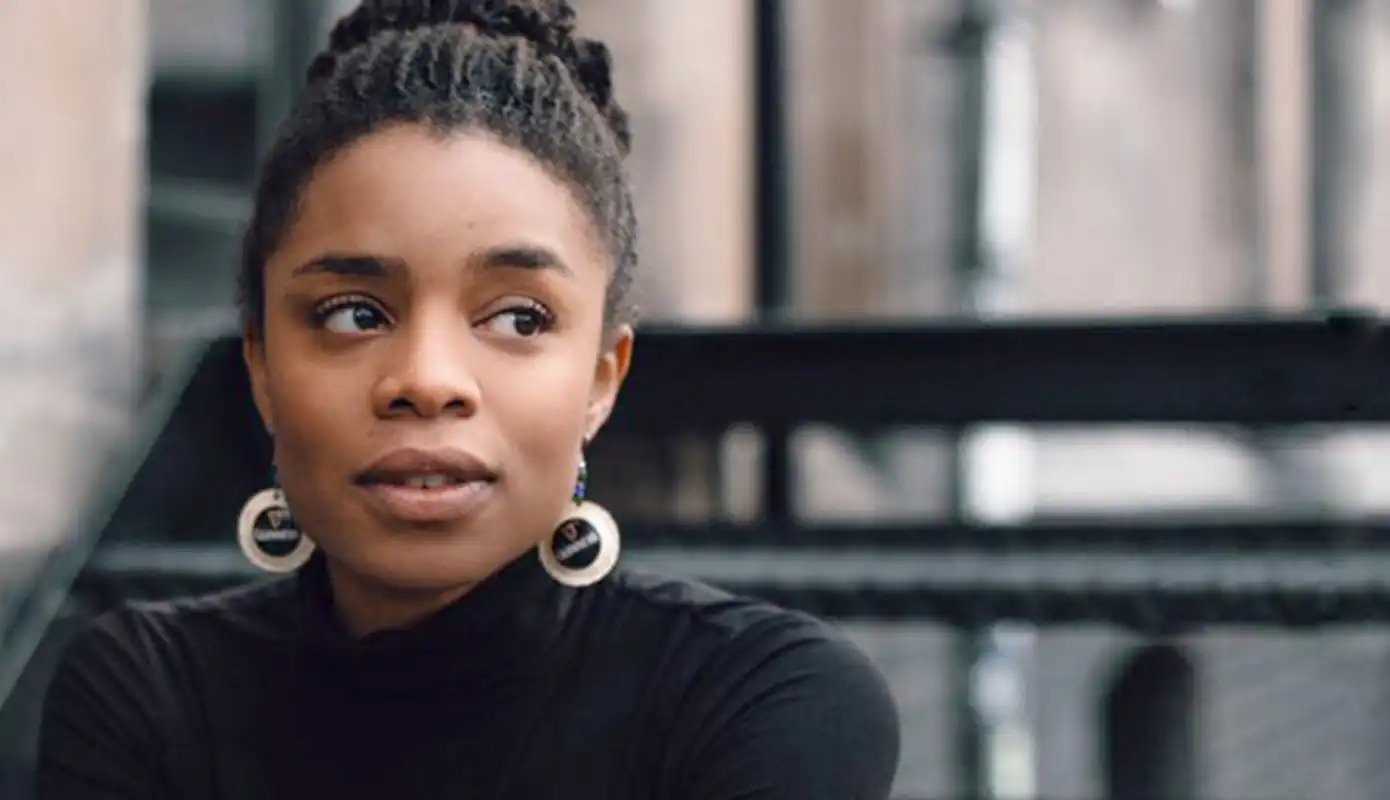Umuada, a new work by British Nigerian writer and director Justina Kehinde, is returning to the London stage this month. After an initial showing in the Bunker Theatre’s Damsel Develops series last autumn, the play will open on 10th July for five-day run at the King’s Head Theatre. I caught up with Kehinde to talk about the play’s themes and how she hopes to illuminate hidden threads of African diasporic experiences.
Tell us about Umuada. What themes are you exploring and what inspired you to write it?
Umuada is a play that explores the nuances of mental health, migration and motherhood in the urban African diaspora. I was inspired by the silences that are part and parcel of family life, the things left unsaid, especially when it comes to mental health. I feel very strongly that my parents’ generation have suffered incredible hardships, not just in terms of being migrants in the UK, but the strain they experience raising children, praying their children make it to adulthood, supporting family ‘back home’, striving to integrate, battle expectations, to survive financially in a land where being black and a migrant carry a double burden and then all the other stories and experiences that they don’t have space to process or think about, because they’re fighting so hard just to survive. All of this must take a heavy toll on one’s mental health. But then, when you are part of a generation and even a culture that doesn’t really have a language for mental health, the burden is tripled. I wanted to explore the way silences can suffocate and wear away at an individual.
And these all tend to be revelations about our parents that come for us, our generation, as we ourselves get older. It is a strange thing to exist in a space that allows us to see,or rather name as trauma, the things they have not been able to.
I suppose a trigger was discovering that both my parents lived through the Biafran civil war, and yet – though it was a devastating experience not just for them/their families but for Nigeria as a whole – they never spoke about it, never lived as though they had been through such an atrocity. It fascinated me, to think about all the things, the pain, the stories left unsaid, and what happens if one day, something cracks, and it starts to surface.
Tell me a bit about the life of the play so far. I came to see it late last year at The Bunker and now it’s headlining at the King’s Head. How has the development process been?
When Umuada premiered at the Bunker, it was a short play based on a concept scene I had submitted to Damsel Productions’ Women Director’s Festival. I had a narrative arc in mind and characters, but we were constrained by time. I co-wrote that piece with Yosola Olorunshola (who has come on board as our dramaturg). Much of the story was delivered through monologues to explore the internal workings of Anwu’s mind. However, in this version we have an hour to play with and the world has expanded. A big change is that I’ve written it all myself – which is its own challenge, but an exciting one. The sisters have taken on more depth too and we have more scenes where the characters are interacting with each other. We’ve also brought out the mental health theme more, and have a better understanding of Chi, the older brother, and his story. It’s still a work in progress but it’s become a lot richer and more nuanced.
Are there specific lenses through which you’ve chosen to explore the themes of this play?
Umuada also takes a very gendered lens, focusing acutely on how women navigate such a space. I’m both Igbo and Yoruba. In Igbo culture we have something called the Umuada – it’s a political association of all the first born daughters in a family/village. I’m told, at least in Onitsha, that the men cannot make any decisions without the consent of the Umuada. Such a powerful, matriarchal institution reflected much of how family life, in my experience, is run and supported by women. I suppose in many ways (and as you’ll see in the direction of the play), I wanted to explore this dynamic between the family as a patriarchal institution, and the family as a matriarchal organism. I’m interested in the way in which, in West African households at least, our men are ‘presently absent’ – they’re in the house, but they’re on the phone to Nigeria – and how women are forced to be ‘doubly present’. Watching my own mother reach retirement, I was struck by the ‘unravelling’ that occurs when a mother is no longer ‘needed’ by her children because they’re adults, or for those who are breadwinners, when they stop earning, what happens to their sense of identity, routine and place in the world/family life? This is a play that doesn’t answer these questions, but tries to put a spotlight on them and encourage conversation.
We’ve touched on how Nigerians, particularly our parents’ generation, tend to shy away from airing sensitive information about ourselves – certainly anything that will make us come across as too vulnerable. Did you struggle with any of that while writing and/or directing this piece?
Absolutely. Good writing is often based on being a good observer. But this is a play that cuts very close to home, not just for me, but people like me. I know, after our first run at the Bunker Theatre, some friends were uncomfortable because it was too ‘life-like’, they didn’t want ‘outsiders’ getting such an intimate look into our ‘homes’. Yet at the same time, I think that our parents generation have experienced so much, so much that they are trying to articulate but don’t know how or where to go to say these things. Theatre can act as that medium. I suppose, in many ways I wanted to write a play my parent’s generation could watch and see some aspect of themselves in, and from there begin to talk to their loved ones about the things that have been left unsaid, but are causing them pain. As a director it was hard watching the end of the play, because it stopped being a play then. It became real. And that hurt – but it was also powerful. Sometimes you have to wrestle with that tension, so long as it’s coming from a place of truth and love, and not to be exploitative, it can be a brilliant tool.
Has this been a revelatory experience for you? Have you found yourself identifying with any of the characters you may not have initially expected?
When you write you leave little bits of yourself everywhere, so I certainly identify with a few of the characters. I certainly identify with the sisters, Nike (the younger sister) more so, because I’m the youngest in my family. She’s the outspoken one who’s fighting the world and the silences around her. Yet, in this extended version I’ve also had a better chance to understand the older sister, Tolu, who represents that figure who just tries to ‘hold everything together’ and not acknowledge the shattering. Some might see that as denial, but I think it’s also a great act of love – to not break in a crisis. Through writing I’ve also understood the protagonist, Anwu, a bit more, what her desires are. So often I think mothers submit their desires to the desires of their families. In this new ending Anwu finally states what she wants, and it made me see her and my mother as people outside of being mothers and wives. It’s a freedom of identity women are rarely afforded.
Umuada will run at the King’s Head Theatre as part of their Playmill Festival from 10-14 July.




